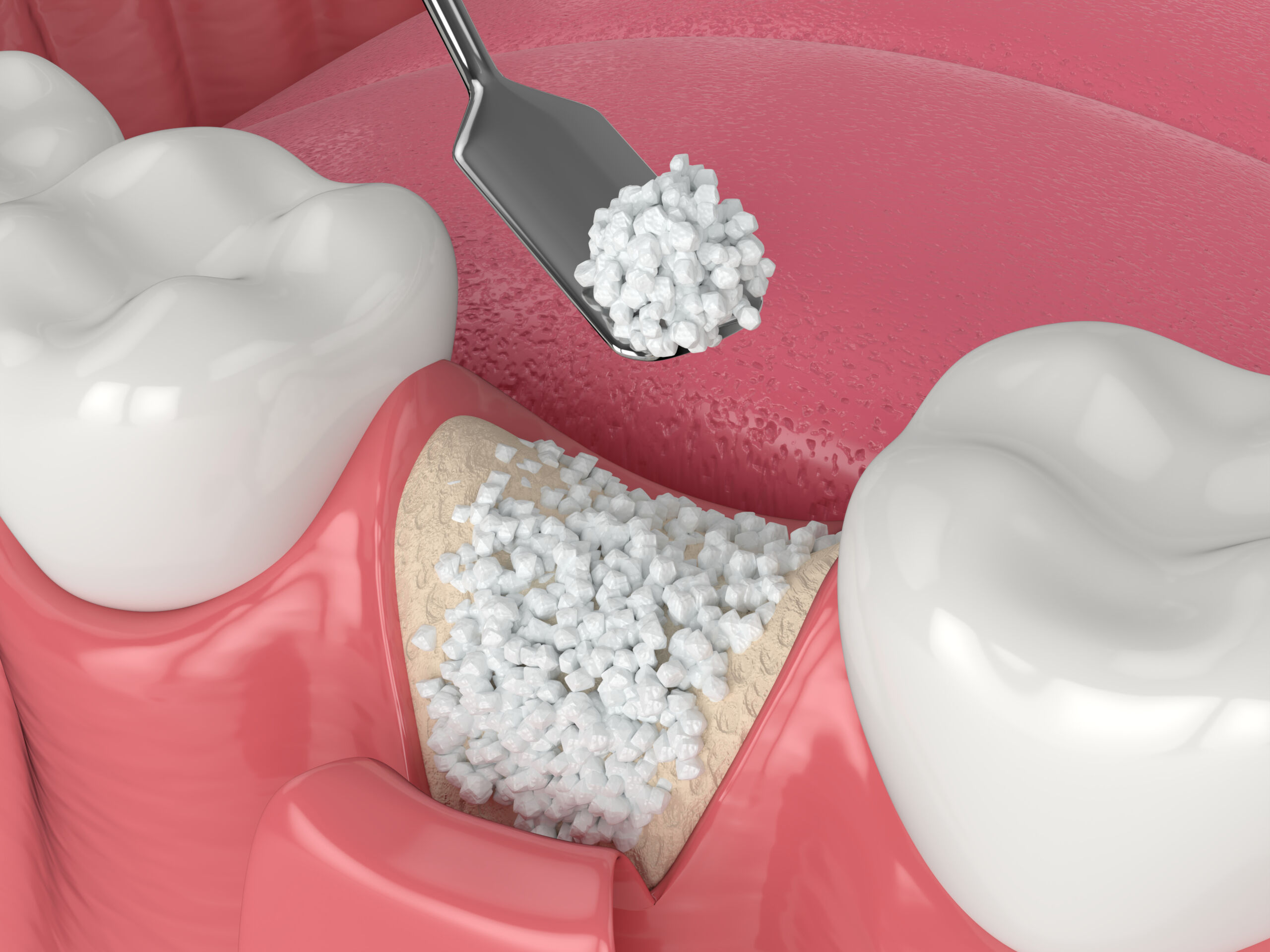Dental bone grafting is a process that can be used to restore bone tissues in the jaw, and only a specialized surgeon can perform this procedure. When a missing tooth is not replaced with an implant, bone tissue loss can occur, and the part of the jaw that held the tooth can start to wither away without a root.
Bone tissue that once held a healthy tooth in place can break down if it is not replaced with an implant, and bone tissue loss is a serious problem that must be addressed because it can lead to the formation of wrinkles and cause other changes to your appearance. The longer you wait, the harder it will be to get a dental implant, and you may need a bone graft.
How to Choose a Surgeon Specializing in Bone Grafts?
You will need to sit down for a consultation if you are interested in dental implants, and a dentist will tell you if a bone graft is required. They will conduct an examination of your mouth, and if they determine that you do not have sufficient bone tissues to hold an implant in place, they may recommend a bone graft, and you may be eligible for implants after this procedure.
Only a specialized and experienced oral surgeon can perform bone grafts. Some periodontists can also perform bone grafts. Surgery is required for this procedure, and a surgeon specializing in bone grafts will be able to perform the following:
1. Autograft
Bone is taken from one part of the patient’s body and transferred to another in this procedure. This technique has a high rate of success and can be used for both small and large grafts. The patient will need additional surgery to extract the grafting material, but a specialized oral surgeon will complete this procedure safely and successfully.
2. Xenograft
Bone tissues are taken from an animal and transplanted into the patient during this procedure. It is a commonly used method because the grafting materials are easy to get and have a high success rate. Additionally, portions of the graft can eventually turn into parts of the patient’s bone tissue.
3. Alloplast
Synthetic materials are used for grafting, and this procedure is typically only recommended when small grafts are needed. The material is synthetic, which means there is no risk of disease transmission.
A reputable oral surgeon will discuss the different bone grafting procedures and will make professional recommendations regarding the appropriate course of action. They will provide you with professional advice and will discuss how bone grafting can strengthen your jaw and restore your smile.
Conclusion
Are you interested in improving your smile? Our team here at Maxillovendome specializes in bone grafts, and we have been serving the Montreal community for years.
Patients can rely on our team for bone grafts and dental extractions, and you can connect with our team to schedule a consultation!


